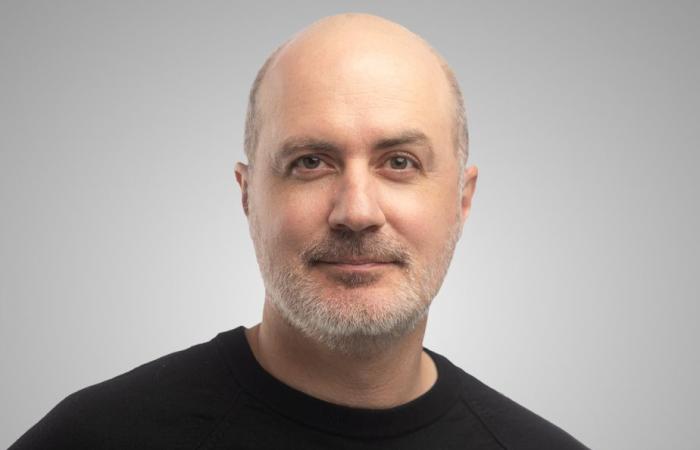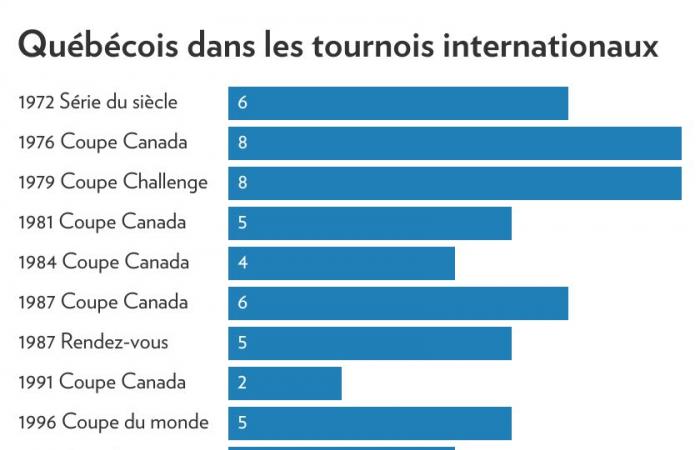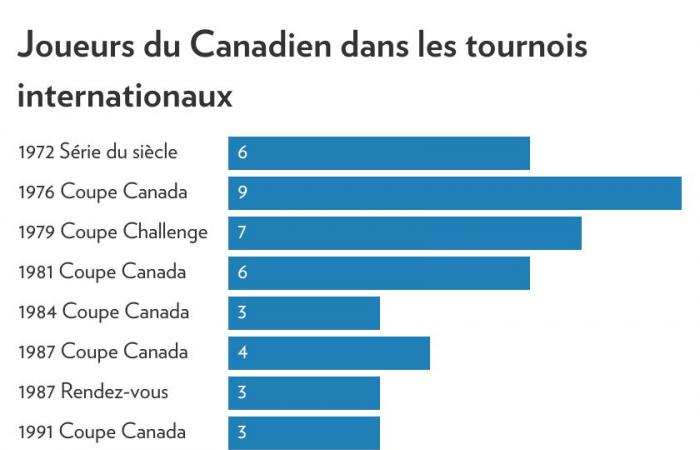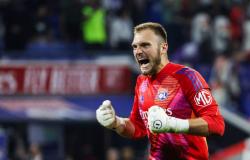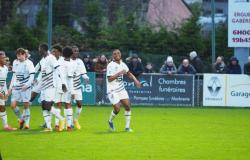The formations for the 4 Nations Showdown are now revealed, and frankly, it’s painful.
Posted at 7:45 a.m.
From Quebec: no attacker, no defender. Only one goalkeeper, Samuel Montembeault. From the Canadian, in addition to Montembeault, there will only be Patrik Laine and Joel Armia, with Finland.
No need to tear up your passport or insult the leaders of the four teams for their biases against the Habs players. We can be disappointed for Cole Caufield, who could have been selected, but there is no scandal. It is simply a reflection of two realities: the decline of Quebec hockey and the weakness of the Canadian’s roster.
In absolute numbers, Quebec continues to produce professional hockey players by the dozen. Same as in the NHL, there are more Quebecers than Finns. But attackers who regularly play on the first two lines, or defenders on a first pair? Very little, and it gets worse over the years.
Among all the athletes resulting from the 2016 reform, therefore those who grew up in the integrated AAA structures, we find only one impact player: Alexis Lafrenière. Everyone else is in supporting roles at the moment. This explains why this will be the weakest Quebec delegation in history in an international tournament involving the stars of the NHL.
In the case of the Canadian, it will be one of the smallest delegations in its history. It’s true that there have already been tournaments with more than four teams, which increased the chances of seeing Habs players in action. Except that there were also big meetings with only two teams, like the Series of the Century and the Challenge Cup, where we still found half a dozen players from the Glorieux.
The worst time was at the Olympic Games in Salt Lake City in 2002. The Canadian was not represented there. It must be said that the club had just been excluded three times in a row from the playoffs and that Saku Koivu, a pillar of the Finns, was away from the game, suffering from cancer.
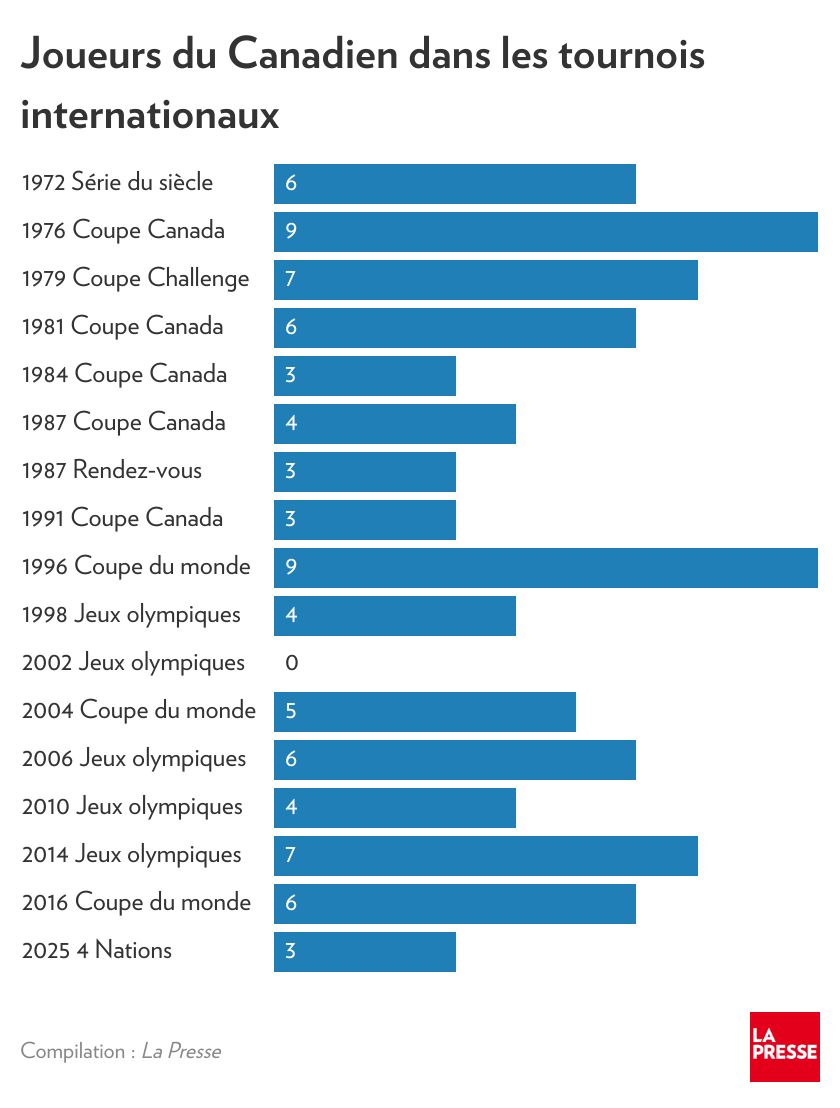
It will therefore be a tournament with little local flavor. Afterwards, I won’t shy away from my pleasure. This will be the first time in almost 10 years that the best Canadians, Americans, Swedes and Finns will face each other. It will also be the first time that Sidney Crosby, Connor McDavid and Nathan MacKinnon will be together in the same lineup. That promises.
To support them, Canada relies on complete attackers, capable of scoring big goals as well as stifling the opposing threat. There we find several of the best and most responsible attackers on the circuit, according to the Evolving Hockey algorithm, which ranks the defensive work of players from 1is au 99e percentile : Anthony Cirelli (98e), Sam Reinhart (95e), Brandon Hagel (93e), Seth Jarvis (87e), Mitchell Marner (81e), Mark Stone (76e) and Brad Marchand (75e). A good strategy, because behind them, the Canadian team is less intimidating than in previous editions. Especially in front of the net. Samuel Montembeault (.901), Adin Hill (.900) and Jordan Binnington (.899) all have NHL average save rates (.901). None of them are top 10 in the NHL in goals saved.
Canadian training
Attackers
- Sam Reinhart | Connor McDavid | Mitch Marner
- Brad Marchand | Sidney Crosby | Nathan MacKinnon
- Brandon Hagel | Brayden Point | Mark Stone
- Sam Bennett | Anthony Cirelli | Travis Konecny
- Seth Jarvis
Defenders
- Devon Toews | Cale Makar
- Shea Theodore | Alex Pietrangelo
- Josh Morrissey | Colton Parayko
- Travis Sanheim
Guardians
- Jordan Binnington
- Adin Hill
- Samuel Montembeault
The Canadian team seems to be tailor-made to resist the strike force of the on-paper favorites, the Americans. The United States now makes up more than a quarter of NHL hockey players. The pool of players they can draw from is larger than ever, which will allow them to field the best team in their history. This training is flawless. She has weight, talent, character, speed and so many elite shooters that she can afford to leave out her best scorer in the NHL this season, Cole Caufield. Their defensive brigade is excellent, and their trio of goalkeepers is the strongest of the four teams. In a format with potentially four matches in eight days, this is a big asset.
The formation of the United States
Attackers
- Brady Tkachuk | Auston Matthews | Matthew Tkachuk
- Kyle Connor | Jack Eichel | J.T. Miller
- Jake Guentzel | Jack Hughes | Brock Nelson
- Chris Kreider | Dylan Larkin | Matt Boldy
- Vincent Trocheck
Defenders
- Quinn Hughes | Charlie McAvoy
- Jaccob Slavin | Adam Fox
- Zach Werenski | Brock Faber
- Noah Hanifin
Guardians
- Connor Hellebuyck
- Jake Oettinger
- Jeremy Swayman
On paper, therefore, the United States has an advantage. Afterwards, if there is a lesson to be learned from previous tournaments, it is to be wary of the underdogs. Who, in 1998, predicted a victory for the Czech Republic? Who, in 2006, anticipated an all-European podium? Who, in 2016, saw the European medley in the final?
Roll on February!

